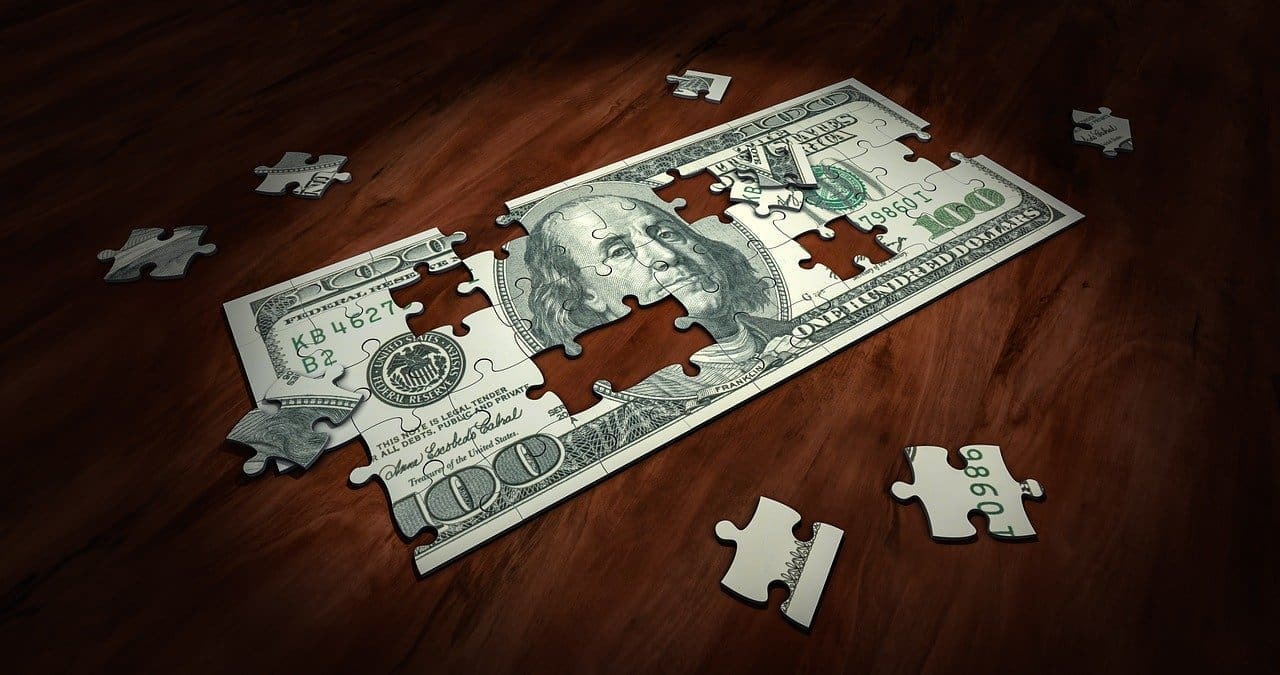Expect Coronavirus-Related Phishing Attacks
With the announcement of every American potentially receiving $1200 stimulus checks, the hackers and phishing scammers are already drooling about the opportunity that awaits them. The FBI’s Internet Crime Complaint Center (IC3) issued an alert warning of coronavirus-related phishing attacks, particularly surrounding economic stimulus checks. The news that the US government is likely to send $1,200 to most Americans has created a golden opportunity for scammers, especially since the delivery method for the cash is still uncertain.
While talk of economic stimulus checks has been in the news cycle, government agencies are not sending unsolicited emails seeking your private information in order to send you money. They are also not asking you to send money, so they can get your stimulus check quicker. Other requests and emails to be on the lookout for are:
- Requests to verify your personal information in order to receive your economic stimulus check
- General financial relief
- Airline carrier refunds
- Counterfeit medical products (sanitizing products, Personal Protective Equipment (PPE), including N95 respirator masks, goggles, full face shields, protective gloves, and gowns.
- Fake vaccines and testing kits
Scammers are leveraging the COVID-19 pandemic to steal your money, your personal information, or both. Protect yourself and do your research before clicking on links purporting to provide information on the virus; donating to a charity online or through social media; contributing to a crowdfunding campaign; purchasing products online; or giving up your personal information in order to receive money or other benefits. Watch out for emails claiming to be from the Centers for Disease Control and Prevention (CDC) or other organizations claiming to offer information on the virus. Do not click links or open attachments you do not recognize. Fraudsters can use links in emails to deliver malware to your computer to steal personal information or to lock your computer and demand payment. Be wary of websites and apps claiming to track COVID-19 cases worldwide. Criminals are using malicious websites to infect and lock devices until payment is received.
Users can avoid falling for these scams by sticking to some basic best practices, such as being wary of email links and attachments, and not providing personal or financial data in response to unsolicited emails or phone calls. However, being aware of current trends in phishing attacks can increase your chances of recognizing these scams, since you’ll be on high alert whenever you see a coronavirus-related email.
We are all on high alert to use good hygiene habits daily. It’s also important to always use good cyber hygiene and security measures. By remembering the following tips:
- Do not open attachments or click links within emails from senders you don’t recognize.
- Do not provide your username, password, date of birth, social security number, financial data, or other personal information in response to an email or robocall.
- Always verify the web address of legitimate websites and manually type them into your browser.
- Check for misspellings or wrong domains within a link (for example, an address that should end in a “.gov” ends in .com” instead).
Be cautious, be knowledgeable, exercise good cybersecurity hygiene; but above all stay healthy and safe and continue to practice social distancing. We are all in this together.
